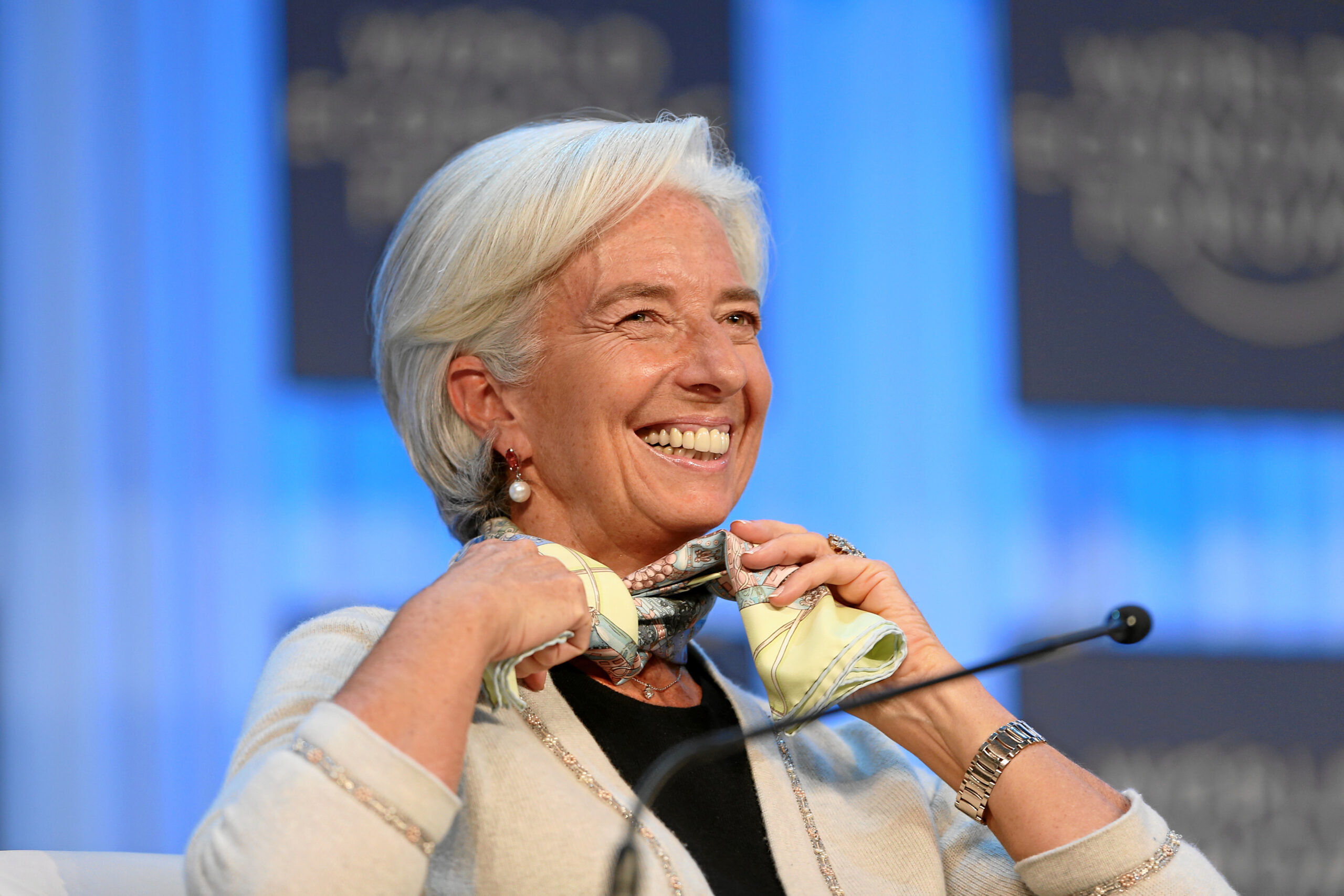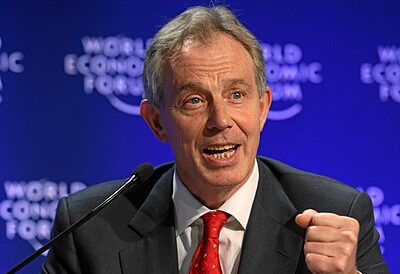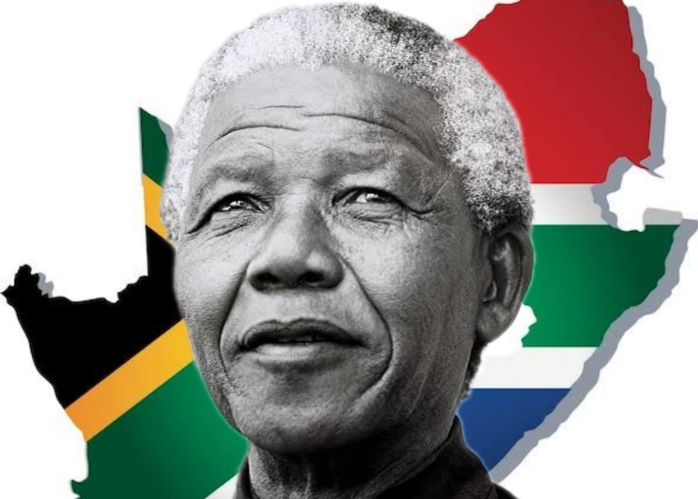Christine Lagarde: Triumphs and Turmoil in the Financial World
Christine Lagarde, a distinguished French lawyer and politician, has been a towering figure in the realms of finance and international affairs. Her illustrious career as the first female Managing Director of the International Monetary Fund (IMF) and the President of the European Central Bank (ECB) has been marked by remarkable achievements. However, her journey has not been devoid of controversies. In this exploration, we delve into eleven of the most significant controversies that have surrounded Christine Lagarde throughout her career.
Tapie Affair:
One of the most significant controversies in Lagarde’s career emerged from her involvement in the Tapie Affair. As the French Finance Minister, she referred a long-standing dispute between businessman Bernard Tapie and the state-owned bank Crédit Lyonnais to arbitration. The decision resulted in a €403 million settlement awarded to Tapie, raising questions about favoritism and potential conflicts of interest.
Verdict in Tapie Affair:
In 2016, Lagarde faced a judicial setback when she was found guilty of negligence in her handling of the Tapie Affair by a French court. While she escaped criminal conviction and punishment, the guilty verdict marred her reputation and raised questions about her judgment as a public servant.
IMF Payout Controversy:
During her tenure as the Managing Director of the IMF, Lagarde faced criticism for the institution’s decision to approve a bailout package for Greece that some considered overly lenient. Critics argued that the IMF’s involvement in the bailout exacerbated Greece’s economic crisis and favored creditors over the Greek population.
Maurice Lévy Conflict of Interest:
Another controversy arose in 2016 when it was revealed that Lagarde had collaborated closely with advertising executive Maurice Lévy on a project while he was a witness in the Tapie Affair. This raised concerns about a potential conflict of interest and reignited scrutiny on her role in the affair.
Salary Controversy at the ECB:
As the President of the European Central Bank, Lagarde faced criticism for her substantial salary, which some argued was excessive for a public servant. The controversy sparked debates about executive compensation and income inequality.
Negative Interest Rates:
Lagarde’s implementation of negative interest rates as part of the ECB’s monetary policy came under scrutiny and sparked controversy. Critics argued that such policies could have unintended consequences for the economy and financial markets.
Handling of the COVID-19 Pandemic:
Lagarde encountered challenges in managing the ECB’s response to the economic fallout from the COVID-19 pandemic. Critics questioned the effectiveness and appropriateness of the ECB’s monetary stimulus measures during the crisis.
Climate Change Activism:
While Lagarde has been a vocal advocate for climate action and sustainable finance, her personal actions, such as flying on private jets, were criticized for not aligning with her environmental stance.
ECB’s Inflation Target:
The ECB’s decision to raise its inflation target and allow for a temporary overshoot of inflation received mixed reactions. Some economists and market participants questioned the wisdom of this strategy and its potential consequences.
Financial Reforms and Banking Regulation:
Lagarde’s approach to financial reforms and banking regulation has been a subject of debate. Some argue that her policies may prioritize financial stability over economic growth, while others view them as essential safeguards against systemic risks.
Criticism from EU Parliament:
Lagarde has faced criticism from some members of the European Parliament, who have raised concerns about the ECB’s independence and its transparency in decision-making.
Conclusion:
Christine Lagarde’s career has been a tapestry woven with triumphs and turbulence. As a prominent figure in the financial world, she has navigated both praise and critique with poise. Despite the controversies that have accompanied her journey, Lagarde remains a powerful and influential force in shaping global financial policies. As she continues to tread the path of economic leadership, her actions and decisions will continue to be closely observed and debated.




